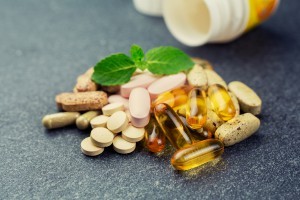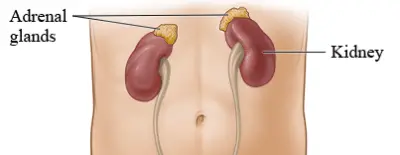There are six common types of major depression and they are listed with symptoms below. It’s important to familiarize yourself with the different types so you can understand if your teen is dealing with one of them.
It’s also important you understand that teen depression has some distinctive features, here they are:
Teen depression symptoms
In additional to the regular symptoms of depression, a teen with depression may exhibit:
- Irritability
- Self harm
- Negative emotions expressed in art
- Skipping school or bad grades
- Lack of socialization with other teens or lack of drive to be social
- Abusing substances
- Complaining about physical symptoms like headaches or stomach ache
- Highly sensitive to criticism
Types of major depression
Major depressive disorder, also referred to as unipolar depression
- Interferes with ability to function
- Affects all areas of life – relationships, work, sleep eating
- Episodes may occur several times in a person’s life
- Slowed movements, speech and thinking, speak less, some stop speaking
- Have recurring thoughts about their own death – range from thinking about it to seriously considering
Manic-depressive disorders, more commonly known as bipolar disorder
- Serious mental illness involving episodes of depression that alternate with mania. Mania is feelings or greatness and elation, sudden energy, and feeling uncontrollable power. Sometimes depression and mania occur simultaneously shifting from one to the other rapidly.
Dysthymic disorder
- Milder form of depression that lasts longer.
- Feeling of melancholy
- Unable to get really excited about life
- Can still function but feel gloomy
Seasonal Affective disorder
- Often brought on in the winter months, though it can occur as a reverse
- Could be a result of disruption of circadian rhythm or lack of Vitamin D
- Full spectrum lights can help
- Less that 2% of people in Florida have SAD, while 10% of people in New Hampshire do
Psychotic depression
- 15% of depressed people experience delusions or hallucinations
- Often need to be hospitalized to prevent themselves from suicide
Postpartum depression
- 4 weeks – year after a woman gives birth
- Most women experience baby blues, postpartum is far more severe
- May involve delusions or hurting themselves or their newborn
- Many women feel a great amount of guilt
- 10% of new mothers


